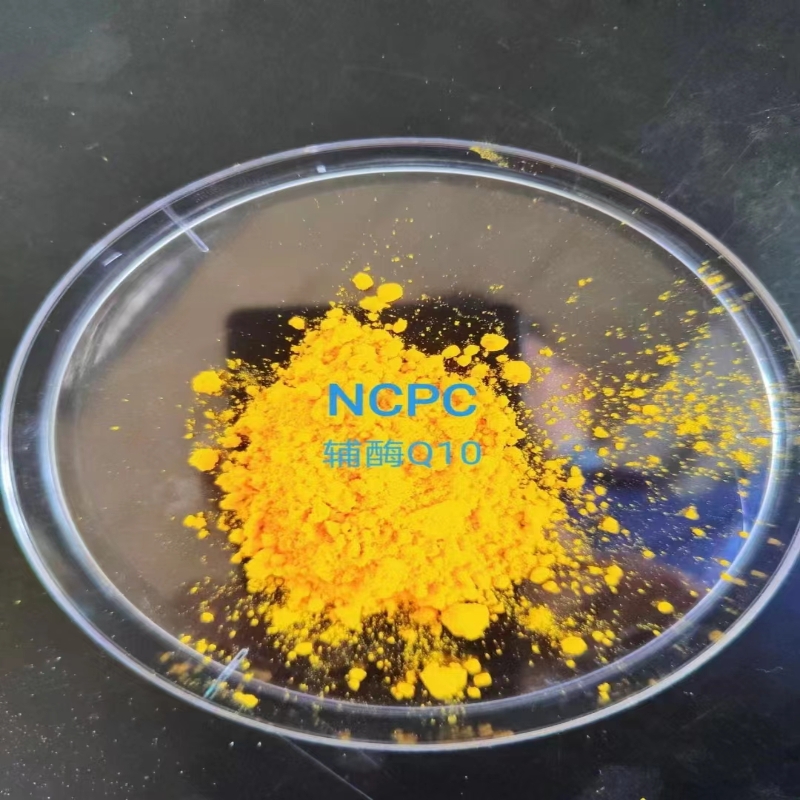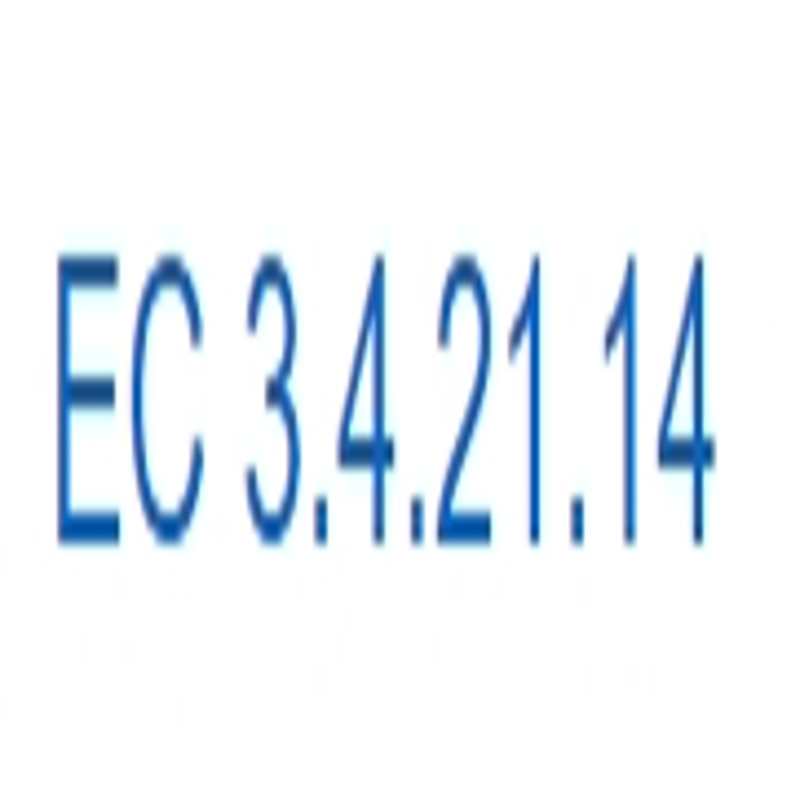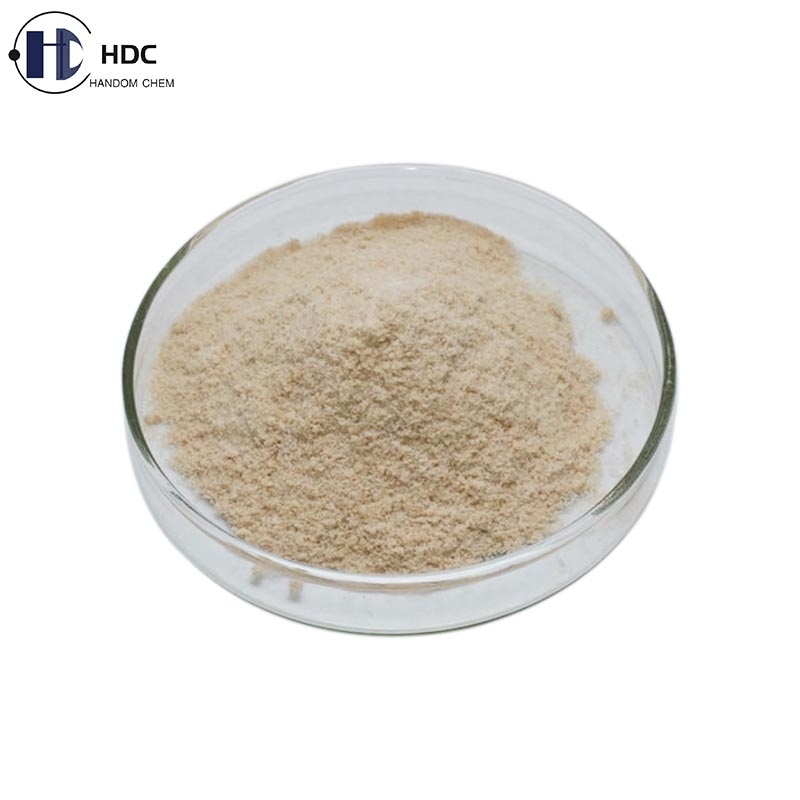PNAs: new drug delivery system can inhibit tumor by 87%!
-
Last Update: 2019-05-18
-
Source: Internet
-
Author: User
Search more information of high quality chemicals, good prices and reliable suppliers, visit
www.echemi.com
May 18, 2019 / BIOON / - as cancer treatment becomes more and more complex, we need a more sophisticated drug delivery system that can deliver multiple drugs with different chemical components at the same time Now, researchers from the John A Paulson School of engineering and Applied Sciences (SEA) at Harvard University have developed a method to make nano sized drug delivery carriers, which can deliver multiple drugs at the same time, which is more effective than the current method The system used very low-dose drugs that could only be taken orally before, and inhibited 87% and 94% of breast tumors in mice Relevant research results were published in PNAS "We can use these mixed nano carriers, through intravenous injection, to provide a new combination of anti-cancer drugs for cancer mice, and we found significant efficacy for breast cancer "Mingtan Hai, a visiting professor at the United States Institute of Oceanography (SEA) and co-author of the study, said "This work makes it possible to use previously untransmitted compounds in cancer treatment and lays the foundation for further development in a wide range of biomedical applications "These drug carriers are essentially nanoparticles in nanoparticles, and the main carrier is a kind of artificial vesicle called polymer The polymer has a protective oil shell that prevents it from dissolving until it reaches the tumor site Each polymer is filled with gold nanorods and porous nanoparticles These nanoparticles can hold and release a variety of drugs at the same time Gold nanorods add extra functionality to nanoparticles When irradiated with a near-infrared laser, the nanorods heat up and break down the polymer, allowing the drug to be released immediately "Ultrafast drug delivery helps kill resistant cancer cells." Said Hai Researchers tested drug delivery vehicles in mice with HER2 breast tumors They found that the combination of docetaxel, rapamycin and afatinib at a total dose of 5 and 2.5 mg / kg inhibited 94% and 87% of breast cancer, respectively Docetaxel is one of the most effective chemotherapy drugs for breast cancer "As drugs and drug therapy become more and more complex, so must drug delivery systems," said David Weitz, Professor of physics and applied physics at Marin crott, Ocean University "This work is a good example of how to use new synthesis and formulation technologies to combine different delivery vehicles to improve the performance of targeted drug delivery "Reference: Hongbo Zhang et al Photothermal responsive nanosized hybrid polymer as versatile therapeutics codedelivery nanovehicle for effective tumor suppression, Proceedings of the National Academy of Sciences (2019) Doi: 10.1073/pnas.1817251116
This article is an English version of an article which is originally in the Chinese language on echemi.com and is provided for information purposes only.
This website makes no representation or warranty of any kind, either expressed or implied, as to the accuracy, completeness ownership or reliability of
the article or any translations thereof. If you have any concerns or complaints relating to the article, please send an email, providing a detailed
description of the concern or complaint, to
service@echemi.com. A staff member will contact you within 5 working days. Once verified, infringing content
will be removed immediately.







